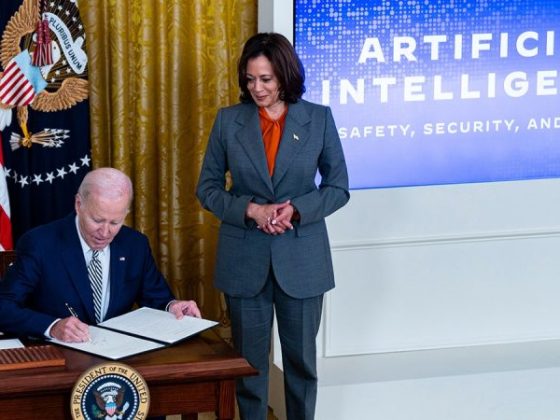Crypto market maker Wintermute said the new spot Ether exchange-traded funds (ETFs) could see annual flows in the $4.8 – $6.4 billion range. This in turn could result in a 17.9% to 23.87% price increase in Ether.
The U.S. Securities and Exchange Commission (SEC) has approved several spot Ether ETFs, after weeks of registration statement revisions. The approval of Ether products in the US marks another significant milestone in the crypto market.
The SEC gave the green light to Ether ETF registration forms from 21Shares, Bitwise, BlackRock, Fidelity, Franklin Templeton, VanEck, and Invesco Galaxy, with forms for the Grayscale Ethereum Trust and the Grayscale Ethereum Mini Trust also going into effect.
ETH ETFs Will See Lower Demand Than BTC ETFs
Wintermute notes that the newly launched spot Bitcoin ETFs accumulated $13.8 billion in the first 100 days of trading earlier this year.
“Our view is the ETFs will likely see lower-than-anticipated demand, closer to $3.2 – $4 billion. This is driven by the absence of a staking mechanism diminishing Ethereum’s appeal as an ETF vehicle, and by the lack of a shared narrative to attract investors,” said Wintermute in a research note shared with CryptoNews.
The journey towards Ether ETF approval has been characterized by a series of critical regulatory changes and milestones.
Analysts are optimistic about the launch and predict substantial inflows into these ETFs, although exact figures are speculative at this stage.
SEC’s Ban on Staking in Upcoming ETH ETFs
A notable aspect of the SEC’s approval is the ban on staking within these ETFs, notes Wintermute.
Ethereum’s shift from a Proof-of-Work (PoW) to a Proof-of-Stake (PoS) consensus mechanism with Ethereum 2.0 has significantly enhanced its energy efficiency.
Staking has become an important component of the Ethereum ecosystem, especially after its transition to PoS. Direct ETH investors benefit from staking through a steady stream of income generated by staking rewards, which include newly minted ETH and transaction fees.
Wintermute notes staking also contributes to the stability and security of the Ethereum network, indirectly boosting investor confidence.
However, the SEC’s decision to exclude staking from Ethereum ETFs stems from regulatory concerns. The SEC argues that staking might be considered an unregistered securities offering, aligning with their broader enforcement actions against platforms like Coinbase and Kraken.
In conclusion, Wintermute notes, “our perspective is that these ETFs will probably see lower-than-anticipated demand, primarily due to significantly reduced interest from institutional investors compared to Bitcoin ETFs.“
The absence of a staking mechanism diminishes Ethereum’s appeal as an ETF vehicle and whilst there are several potential narratives issuers can tap into, there’s a distinct lack of collective story to rally behind, adds the market maker.
The post Ether ETFs May See Annual Flows Between $4.8B – $6.4B: Wintermute appeared first on Cryptonews.


